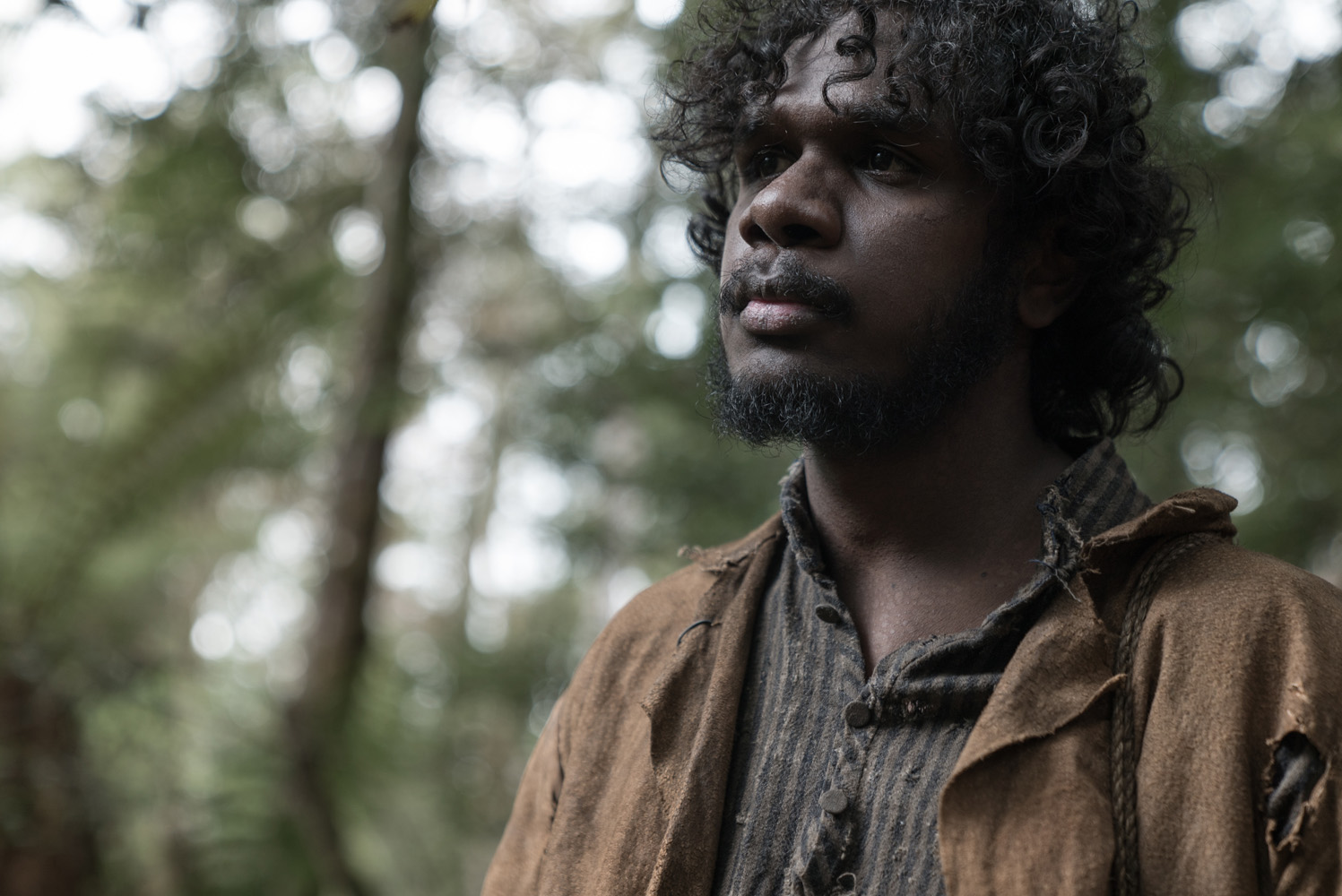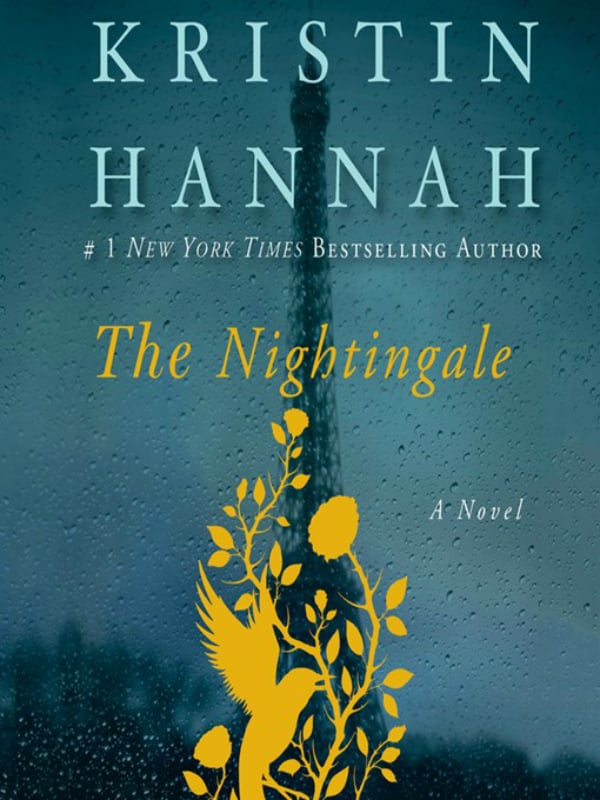
Within the first 10 minutes of the film, Hawkins brutally rapes Claire. Hawkins forces her to sing for his soldiers, she's known as "the nightingale." Hawkins parades her out in front of his heckling ogling men. Claire is imprisoned by Lieutenant Hawkins ( Sam Claflin), who refuses to release her from bondage (it's three years overdue). While "The Nightingale" is obviously a labor of - if not love, then rage - for Kent, it left me cold, even with the two wonderful performances at its center from Aisling Franciosi and Baykali Ganambarr.įranciosi plays Claire, a young Irish convict in 1825 colonial-era Australia, when British troops are in the process of putting down rebellions, subduing the locals, perpetuating a genocide on the Aboriginal population. The script has this weird mix of rigidity and flabbiness, especially in the final sequences which are repetitive and stagnant.

But somehow, when translated into visual form, the effect is deadening. Part of this feels appropriate to the lead character's PTSD she is traumatized beyond nuanced responses. Having no subtext flattens out the action, creating a same-ness in the scene progression. The violence is appropriate (and the film is appropriately difficult to watch). The issue with "The Nightingale" isn't its violence, nor its portrayal of rape. "The Nightingale" has already caused controversies at festivals, where people walked out, outraged at the multiple violent rape scenes. The film is filled with brutality from start to finish, over its grueling run-time ("The Nightingale" feels much longer than it is). Kent’s follow-up, "The Nightingale," is a completely different sort of film, with its own kind of horrors, different horrors, that of the ravages of colonialism, its violence, rape and murder. Kent's capacious imagination and compassion drove "The Babadook," with its focus on a mother and son doing battle with a supernatural-style "intruder." The film worked on multiple levels, buzzing with potent ambivalent metaphors for grief, insomnia, parenting (especially single parenting, as well as parenting a so-called "difficult" child). It played for months here in New York, a rare occurrence for an indie film from a first-time writer/director.
The nightingale professional#
Franciosi, an Irish-Italian actor who played Lyanna Stark in two episodes in the sixth and seventh seasons of Game of Thrones, and Ganambarr, a professional dancer making his screen debut, both manage to imbue their characters with emotional fragility and unfathomable strength.It's been five years since Jennifer Kent's debut film, " The Babadook," which quickly took its place as one of the most effective horror movies in recent memory. Like the film itself, their relationship is a slow build, gradually shifting from mutual distrust and resentment to a bond based on shared agony and constant terror. She is aided in the perilous journey by her horse Becky and, more significantly, by Billy (Baykali Ganambarr), an Aboriginal man who associates Clare with the white devils who have brought forth the genocide he has witnessed firsthand. Plotwise, the film is a reworking of the kind of revenge/chase story we’ve seen in films like True Grit and Clint Eastwood’s The Unforgiven, as Clare tromps through the forest primeval to hunt down the officers who raped her and wiped out her family.

But Kent is never showy her choices are always in service to the story and her tormented characters, rather than an act of filmmaking bravura. She makes consistently bold choices-from shooting in a condensed and claustrophobic Academy ratio to creating a soundscape that blurs the terrors of the wilderness with those that exist solely within Clare’s mind.


 0 kommentar(er)
0 kommentar(er)
